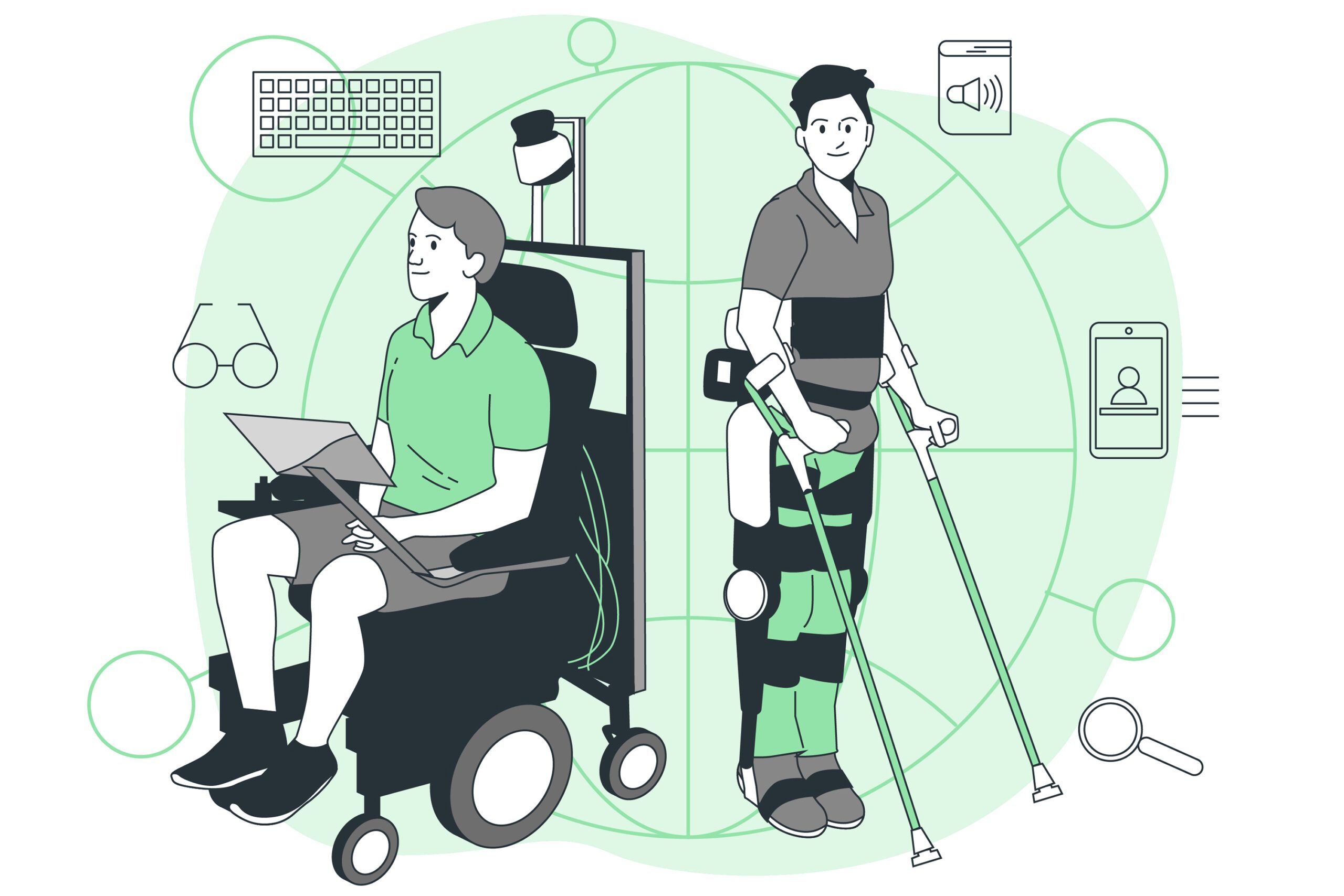
The Role of Artificial Intelligence in Assisting Disabled People
Introduction: Artificial Intelligence (AI) is revolutionizing various aspects of our lives, and one of the most impactful areas is in assisting disabled individuals. AI technologies have the potential to significantly improve the quality of life for people with disabilities by providing them with assistance in various tasks, enhancing their independence and autonomy. In this whitepaper, we will discuss the ways in which AI can assist disabled people and the benefits it can bring to them.
1. Communication: One of the key ways in which AI can assist disabled individuals is through communication aids. AI-powered communication devices can help individuals with speech and language impairments communicate more effectively. These devices can use natural language processing algorithms to convert text to speech or vice versa, enabling individuals with disabilities to express themselves and interact with others more easily.
2. Mobility: AI technology can also assist disabled individuals in mobility-related tasks. For example, autonomous vehicles equipped with AI algorithms can provide transportation options for people with mobility impairments, allowing them to travel independently and safely. Additionally, AI-powered exoskeletons and robotic prosthetics can help individuals with mobility impairments regain their mobility and perform daily activities with greater ease.
3. Accessibility: AI can play a crucial role in enhancing accessibility for disabled individuals. AI-powered assistive technologies, such as screen readers and voice recognition software, can make digital content more accessible to people with visual or hearing impairments. These technologies can help individuals with disabilities access information, communicate, and engage with digital platforms more effectively.
4. Healthcare: AI technologies can also assist disabled individuals in managing their healthcare needs. AI-powered medical devices and health monitoring systems can help individuals with disabilities track their health metrics, receive personalized recommendations, and manage their conditions more effectively. Additionally, AI algorithms can analyze medical data to identify patterns and trends, leading to more accurate diagnoses and treatment recommendations.
5. Personalized Assistance: AI can provide personalized assistance to disabled individuals based on their specific needs and preferences. AI-powered virtual assistants can help individuals with disabilities manage their daily tasks, schedule appointments, set reminders, and access information on various topics. These virtual assistants can adapt to the individual’s communication style and preferences, enhancing their overall independence and autonomy.
Conclusion: In conclusion, AI technologies have the potential to greatly improve the quality of life for disabled individuals by providing them with assistance in various tasks, enhancing their independence and autonomy. By leveraging AI-powered communication aids, mobility solutions, accessibility tools, healthcare technologies, and personalized assistance, disabled individuals can more effectively overcome the challenges they face and lead more fulfilling lives. As AI continues to evolve, it is crucial to continue exploring innovative ways to harness its capabilities for the benefit of disabled individuals and create a more inclusive society for all.
Amount Raised: $2,500,000 out of $5,000,000
